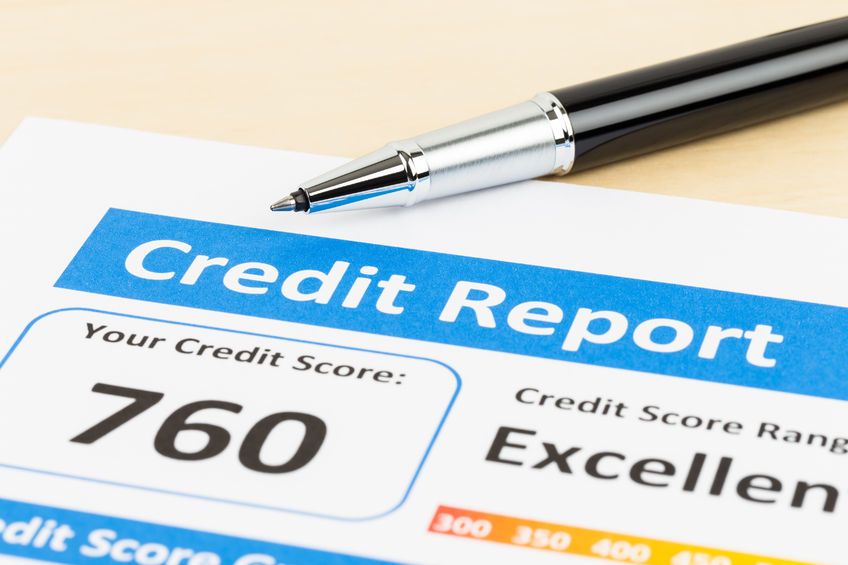
Beyond buying a house, car or taking out a credit card, there’s a host of reasons lenders look at your credit score. For example, insurance companies use this data to determine whether to give you insurance and how much to charge. Utility companies rely on credit scores to discern if a new customer has to make a deposit for service. Cell phone providers and landlords also use this as a screening tool. In essence, the world runs on credit and your credit worthiness matters.
Your attractiveness as a customer hinges a great deal on that fateful number. At face value, a high credit score means you have good credit. A low credit score means you have bad credit. In the eyes of a potential lender, a higher score means you pose less of a risk of defaulting on a loan. Thus, you’re more likely to get the product or service you desire — or to pay less for it.
Among the contributing factors to one’s credit score, “new” credit makes up about 10% of a consumer’s FICO score. You might be wondering about the real-world implications here. It’s helpful to take a step back and look at how new credit is defined. Let’s say you’re in the market to refinance some credit card debt and you shop around to find the most competitive offer. These inquiries remain on your credit report for two years, although FICO scores only reflect those from the last year. Consider these parameters when you plan for major upcoming expenses and consider how you might finance them.
Speaking of financing, being an informed consumer means doing your research to find attractive terms while at the same time not going overboard with inquiries. The same advice applies as it relates to opening up new lines of credit in a short period of time. This activity can be a detriment to one’s financial health, especially to those who don’t have an established credit history.
Taking this into account, there are a few other things to keep in mind as do your due diligence. First and foremost, understand the difference between your credit report and your credit score. You can request a copy of the former annually for free from one of the three credit bureaus. It’s considered prudent to monitor yours regularly, because you can identify fraud or mistakes and report them. You may order your reports from each of the three nationwide credit reporting companies at the same time, or you can order your report from each of the companies at different times. This provision means you may order one free copy of your report from each of the nationwide credit reporting companies every 12 months.
Secondly, when you’re reviewing your report, take note of the number of new accounts on your record and the associated time period. Lenders look at this data when evaluating whether or not to extend credit. You should know that new accounts will lower your average account age. People with limited credit history need to be especially mindful of this reality. Still, those with longstanding credit histories need to be careful, too, as opening a new account can still lower your credit score.
Third, take care to read up on how inquiries work. While consumers shouldn’t throw caution to the wind, it’s important to note that inquiries usually have minimal impact on credit score. Some are ignored completely by lenders, because they know that “rate shopping” is part of the process. More often than not, these are treated as a single inquiry and will have little impact on the credit score. Phew!
Lastly, be aware that FICO has some changes that are taking effect this summer that could affect consumers. Among them, it will offer two versions of the same FICO score, the FICO 10 and FICO 10T. The T stands for trended data, and the 10T will offer lenders a look back at up to 30 months of past credit data to predict consumer behavior. Some consumers may see a higher score, and some may see a lower score when that trended data is used. Stay tuned for more information on these changes and how they might affect your personal situation.
In the meantime, you might take stock of your financial health and goals and how your credit score is helping or hurting your cause. If you’re having trouble making payments or are over-extended on loans, it might be time to consider your options. Bankruptcy will affect your credit score, but it can also help give you a fresh start that will make it easier to build credit going forward. Give us a call today at (801) 432-8682 to discuss your options. We’re here for you and have your best interest at heart.

